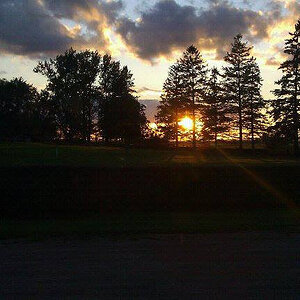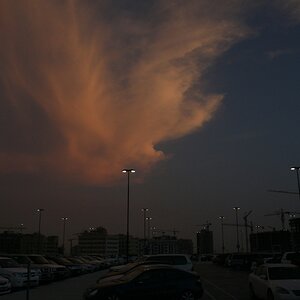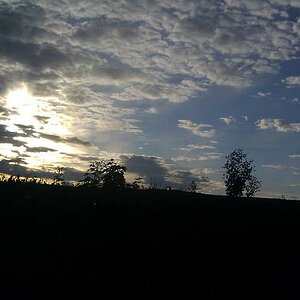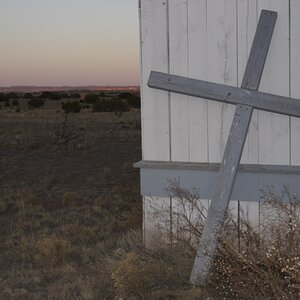carmeyeii
TPF Noob!
- Joined
- Sep 16, 2008
- Messages
- 10
- Reaction score
- 0
- Location
- Mexico City
- Website
- www.flickr.com&
- Can others edit my Photos
- Photos OK to edit
Noise is supposed to be generated, among other circumstances like high ISO speeds, when the camera has gone past its black level. If so, I am confused as to why taking a photograph of complete darkness shows no signs of noise. Is it because the photosites remain virgin? The photo is as black as it gets, and still, is just that a block of pure black, as opposed to a less dark, but still pretty dark, photograph. The blacks on this one are not completely black, nevertheless show a considerable amount of noise, especially the sparkly one. HELP!!










![[No title]](/data/xfmg/thumbnail/36/36662-242aa39f5cb3a23494857864779f669b.jpg?1619737675)
![[No title]](/data/xfmg/thumbnail/39/39180-3dcdd0aa38e4d015a48a17b0e45542fb.jpg?1619738902)

